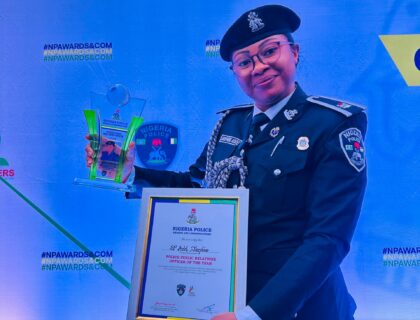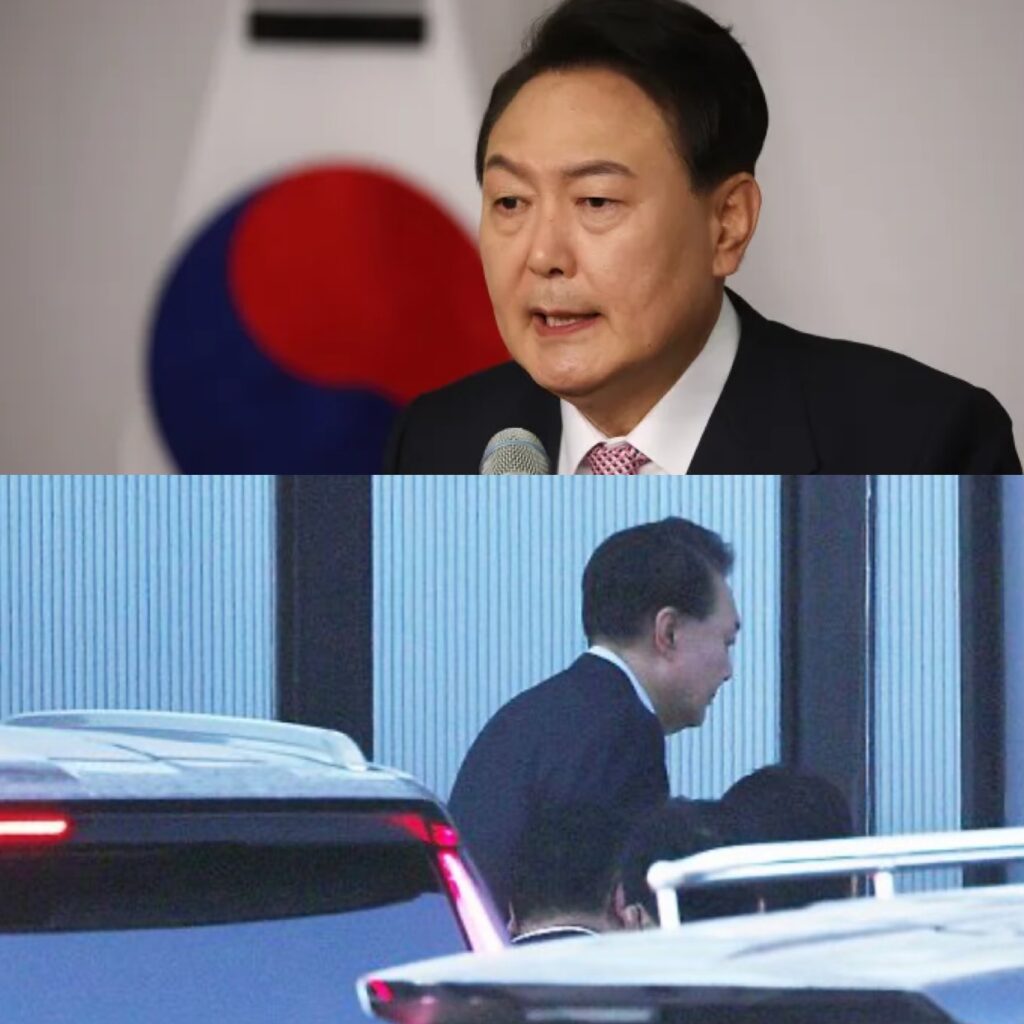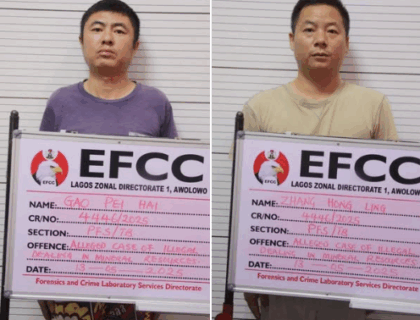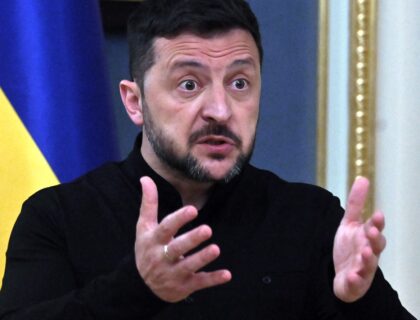South Korean President Yoon Suk Yeol Arrested at Presidential Palace After Weekslong Standoff Between Supporters and Police
South Korean President Yoon Suk Yeol has been arrested for questioning, according to the country’s anti-corruption agency, marking a significant development in the ongoing political crisis that began with his controversial martial law decree last month.
Yoon was arrested on Wednesday morning, January 15, and left his residential compound in a motorcade escorted by investigators. This marks the first time such an action has been taken against a sitting president in South Korea’s history.
The president is being questioned in connection with multiple criminal investigations related to his declaration of martial law, including accusations of leading an insurrection, a crime that could result in life imprisonment or even the death penalty if proven.
As of Wednesday afternoon, South Korean time, President Yoon Suk Yeol has remained silent during his questioning, refusing to answer investigators’ questions or provide any comments. Additionally, he has declined to allow the sessions to be recorded, according to an official with the Corruption Investigation Office for High-Ranking Officials (CIO).
Yoon is expected to be transferred from the CIO headquarters to a nearby detention center, where he will be placed in solitary confinement overnight for safety reasons, as stated by the facility.
For weeks, the embattled president had remained within his fortified residence, protected by his Presidential Security Service team, evading arrest amid ongoing probes and an impeachment trial.
The Corruption Investigation Office (CIO), in collaboration with the police and the defense ministry, had initially attempted to detain President Yoon Suk Yeol earlier this month. However, the effort was thwarted after a tense standoff lasting several hours.
During the standoff, soldiers and members of Yoon’s Presidential Security Service prevented around 80 police officers and investigators from approaching the presidential compound.
Following his arrest on Wednesday, Yoon released a video message dismissing the investigations into him as “illegal” and said, “rule of law in this country has completely collapsed.” He said he cooperated with investigators to prevent violent clashes.
“As a president who must protect the constitution and legal system of the Republic of Korea, responding to these illegal and invalid procedures is not an acknowledgment of them, but in the hopes of preventing unsavory bloodshed,” he said.
The arrest warrant permits investigators to detain President Yoon for up to 48 hours, which will last until around 10 a.m. local time on Friday. If the CIO wishes to detain him for a longer period, they will need to apply for a new arrest warrant within this time frame.
At the scene of the arrest, both supporters and opponents of Yoon gathered, with videos showing demonstrators arriving in buses and assembling in the streets surrounding his compound, despite the cold weather.
Some demonstrators could be heard chanting “resign,” “your time is up” and “take responsibility,” while supporters of the embattled president chanted “invalid impeachment,” “free ROK, hurrah!” and “we won!”
President Yoon declared martial law in a surprise late-night address on December 3, 2024, citing the paralysis of state affairs by opposition lawmakers and claiming the move was essential to protect a “liberal South Korea” from “anti-state elements.” However, his decision was reversed by a vote in the National Assembly just six hours later, including some members from his own party. The declaration sparked widespread public and political backlash, reviving fears of authoritarianism in the country.
Yoon’s lawyers have contested the detention warrant, calling it “illegal and invalid” and promising legal action against its enforcement. Supporters of the suspended president have similarly argued that the measures against him violate South Korean law.
The former prosecutor-turned-politician lost his presidential powers last month after parliament voted to impeach him over the martial law decree. The country’s Constitutional Court will ultimately decide whether Yoon will be formally removed from office or reinstated.
You may be interested

FCT Police Spokesperson SP Josephine Adeh Honoured with Best Police PRO Award at 2025 Nigerian Police Awards
gisthub - Jun 05, 2025Superintendent of Police Josephine Adeh, the FCT Police Command’s Public Relations Officer, has clinched the prestigious title of Public Relations Officer of the…

Woman Whose Lip Was Severed by Ex-Boyfriend Shares Recovery Seven Years Later
gisthub - Jun 05, 2025Kayla Hayes’ story is a powerful example of resilience in the face of unimaginable violence. In 2017, at just 17, she was brutally…

Pornhub Ban Spreads Across Europe Over Under-18 Access Dispute
gisthub - Jun 05, 2025Pornhub’s bold exit from France is a striking clash between digital privacy and regulatory zeal—a flashpoint in the ongoing war to shield minors…














Leave a Comment